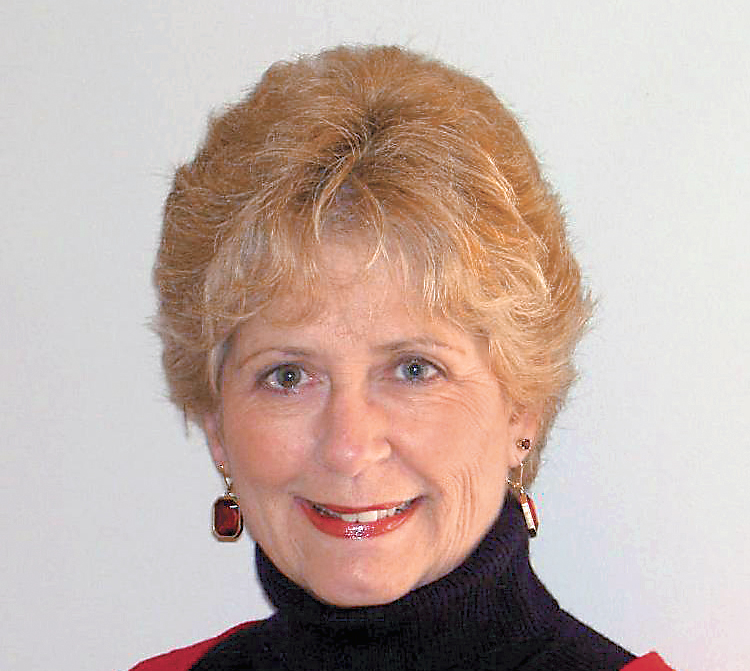I find myself head over heels in debt and really don't know where to begin to dig my way out. Any suggestions? -- Ophelia Owe
Dear Ms. Owe: Yes, indeedy, many of us have been there, done that, although this fact doesn't make it any easier for you. But don't let bills add to your stress or ruin your credit; if you're determined, you can pay off your bills with money to spare (though how much I don't guarantee).
• Schedule an uninterrupted day and gather all your bills. Pull out your most recent loans -- include mortgage, auto, school, and so forth. Find the phone number for customer service, call, and ask for the current balance, interest rate, monthly minimum and the specific day the payment is due.
• Make charts or spreadsheets. (I use a record book for this purpose.) Write down each company on the left side
and put the following headings across the top: Balance, Interest rate, and minimum monthly payment. Fill in the chart or spreadsheet with the data from the bills you've already gathered.
n Call the credit card company to negotiate a lower rate. Note: you're more likely to get this reduced rate if your card isn't an airline or cash-back card.
• Pay only the minimum on the credit cards, except for the lowest spending one. Double this payment if possible. Once this card is paid off, do the same thing to the next highest and so on. (You can do the same procedure with the highest-paid card, except it'll take you longer to pay it off. Just be sure not to continue to charge on any of your cards or you'll end up again right back in that smelly ditch.) You'll gain a great feeling of satisfaction as you pay off the higher amount on each charge card and, thus, to pay it off.
• Pay yourself. Before paying a single bill (if the money is there), take anywhere from $25 to $100 and place it in a non-fee savings account. Hopefully, this emergency fund will do the trick if you need a car repair, to fix a burst pipe, or whatever.
• Check for outside help. Financial guru and syndicated radio personality Dave Ramsey offers a program for about $100 - a 13-week workshop offered nationwide aimed to help folks beat their debt and live a credit-free life. (Hey. I need that course.) Additionally, credit counseling can help. Contact the National Foundation for Credit Counseling (www.nfcc.org) for help with a repayment plan. The counselor may be able to negotiate a lower interest rate or even wipe out interest payments altogether. The fee for this help shouldn't exceed $50.
Ellen Phillips is a retired English teacher who has written two consumer-oriented books. Her Consumer Watch column appears every Saturday. Email her at consumer watch@timesfree press.com.
